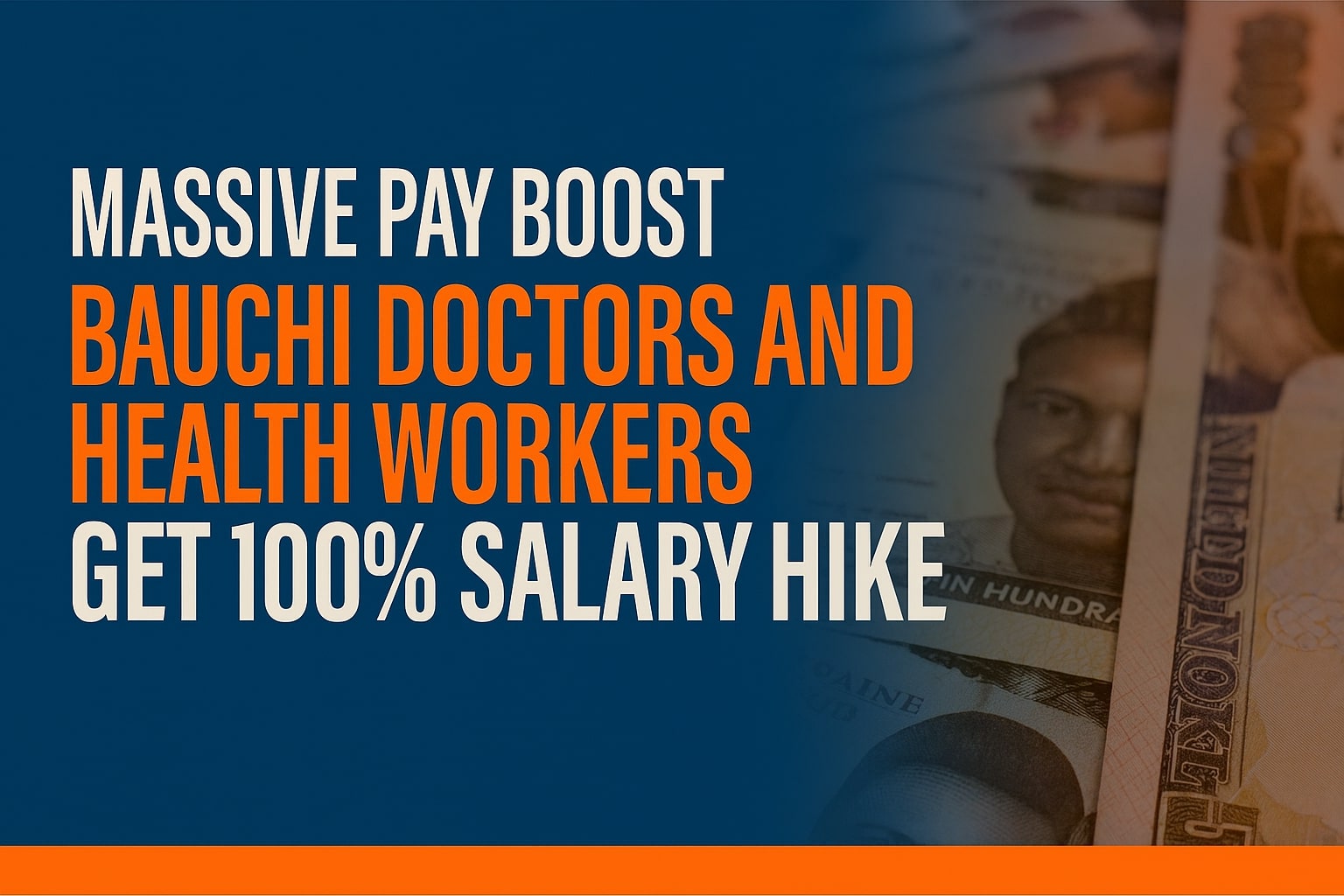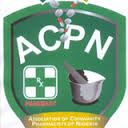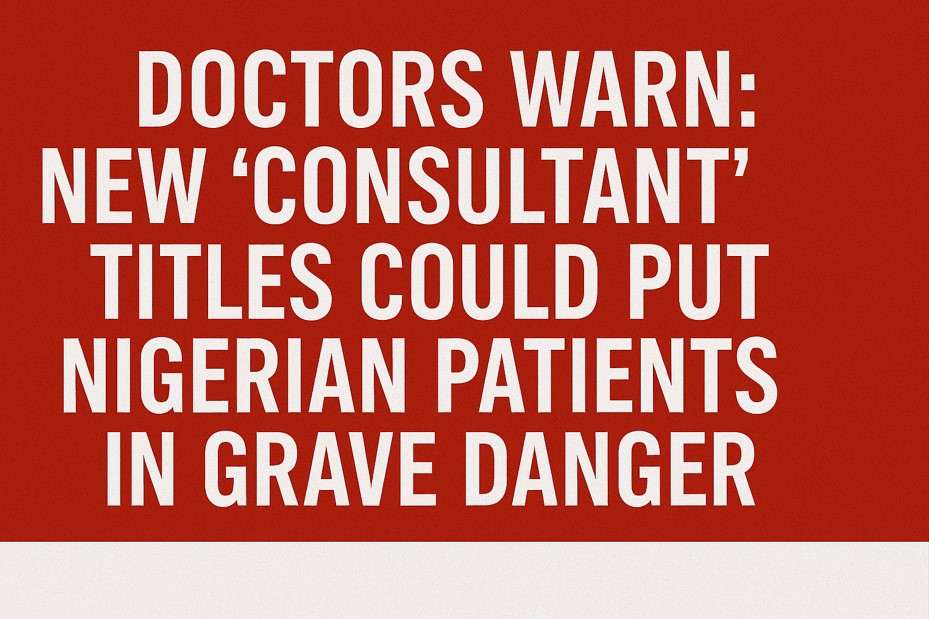The association of Hospital and Administrative Pharmacists of Nigeria (AHAPN), a technical arm of Pharmaceutical Society of Nigeria (PSN), has dismissed views by the Nigerian Medical Association (NMA) and one of its affiliates, Nigeria Association of Medical and Dental Academics (NAMDA), in a recent report over demands by health workers for equal pay with doctors.
In what is evidently a rivalry between the doctors and Joint Health Sector Union (JOHESU) members over salary parity, NMA had said the demand for upward review of the Consolidated Health Salary Structure (CONHESS), which is the salary structure for health workers, including pharmacy and medical laboratory science, would result in negative consequence on the already fragile sector.
But reacting yesterday in a statement signed by AHAPN national chairman and secretary, Olabode Ogunjemiyo and Oladele Obikoya, the body said on the adjustment of CONHESS scale, given the enormity and complexity of work being carried out by hospital pharmacists and other health workers to improve the overall wellbeing of the citizenry, the need for upward adjustment of the salary of pharmacists and other professionals in the public health sector in Nigeria cannot be overemphasized.
AHAPN held: “Whereas we are not averse to the application of the principle of relativity in fixing the wages of health workers in Nigeria, we submit that relativity in wages between the physicians and other healthcare professionals cannot be predicated on values arrived at by a non-empirical process arbitrarily done at any level. We submit that the much NMA-mouthed relativity in pay structure between the medical practitioners and other health workers implemented in 2014 is a product of an arbitrary award solely determined by the then Minister of Health, Christian Onyebuchi Chukwu, against the advice of the then Minister of Finance, Dr. Ngozi Okonjo-Iweala, who was opposed to the increase then based on its implications on industrial relations in the health sector and the Nigerian economy.”
“This action has been the root cause of the continuous agitation for salary adjustment by other health workers, pharmacists inclusive, and this matter ought to be addressed once and for all by government.
“We restate that we are not averse to adoption of the principle of relativity in determining pay structure of healthcare professionals in Nigeria, but any principle of relativity for use in the health sector should be anchored on job evaluation of the different professional cadres.”
The pharmacists went on: “It is laughable that NAMDA would interpret the phrase ‘as was done for NMA’ to mean that physicians and other healthcare professionals should earn the same salary. The truth of the matter is that even a physician and a pharmacist on the same salary grade level and step aren’t earning the same salary because the basic salaries and allowances are different. This is in addition to the fact that there is already disparity at the entry point. NAMDA should, therefore, desist from misinforming the public that adjustment of CONHESS is capable of immediately creating industrial unrest in the sector.
“It will interest the public to note that fresh medical doctor post-NYSC enters the civil service on CONMESS 3, which is equivalent to GL 13.This is a grade level that would take other health professionals at least six years and other workers in Nigeria 12 years to attain. It is quite unfortunate to observe that a typical House Officer (medical doctor undergoing pre-registration housemanship/internship training) earns higher than most fully employed pharmacists, who have worked for more than 10 years post-graduation.”



